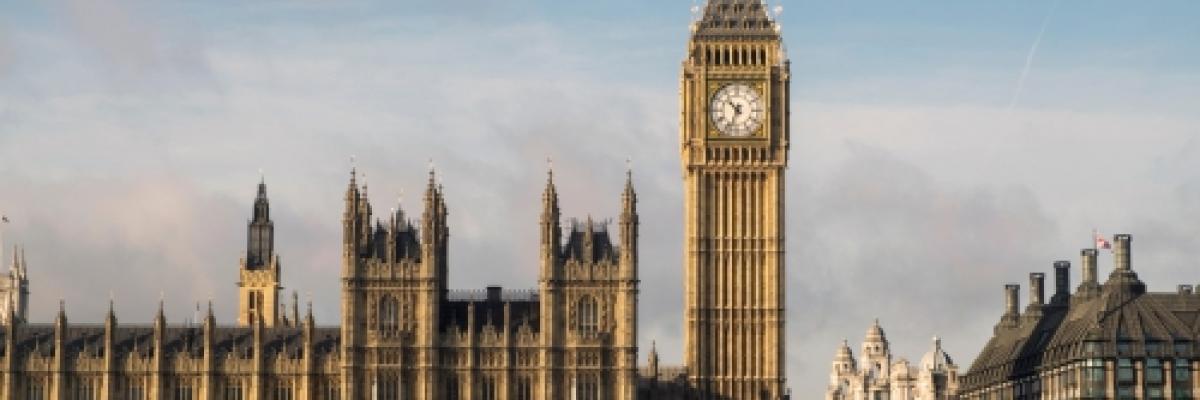Parliamentary rules determine which of our politicians get to speak and when, affecting their electoral success and their public reputations.Standing orders — the rules that govern parliamentary assemblies — also affect public policy through committee procedures, the distribution of agenda-setting powers and determining which bills are debated on the floor. These rules can facilitate or impede the powers of individual legislators, affecting the dynamics of representation.
Launched in July 2019, ParlRulesData.org is an online database of the formal rules of procedure for various parliaments as compiled over time.
The database currently covers the UK House of Commons (1811-2019) and the Irish Dáil (1922-2020) but, in the coming years, it will be developed to include other legislative chambers in Europe, using data gathering strategies common in other disciplines, such as linguistics, history, and political science.
Ongoing research will enable further collaboration between the ParlRules research team in the Department of Politics and International Relations, the House of Commons Library and the Parliamentary Digital Service. The team will continue digitising, analysing and making available historical, machine-readable records of parliamentary rules.
This will help create an open access resource which will advance the study and understanding of how these rules are used across Europe.





